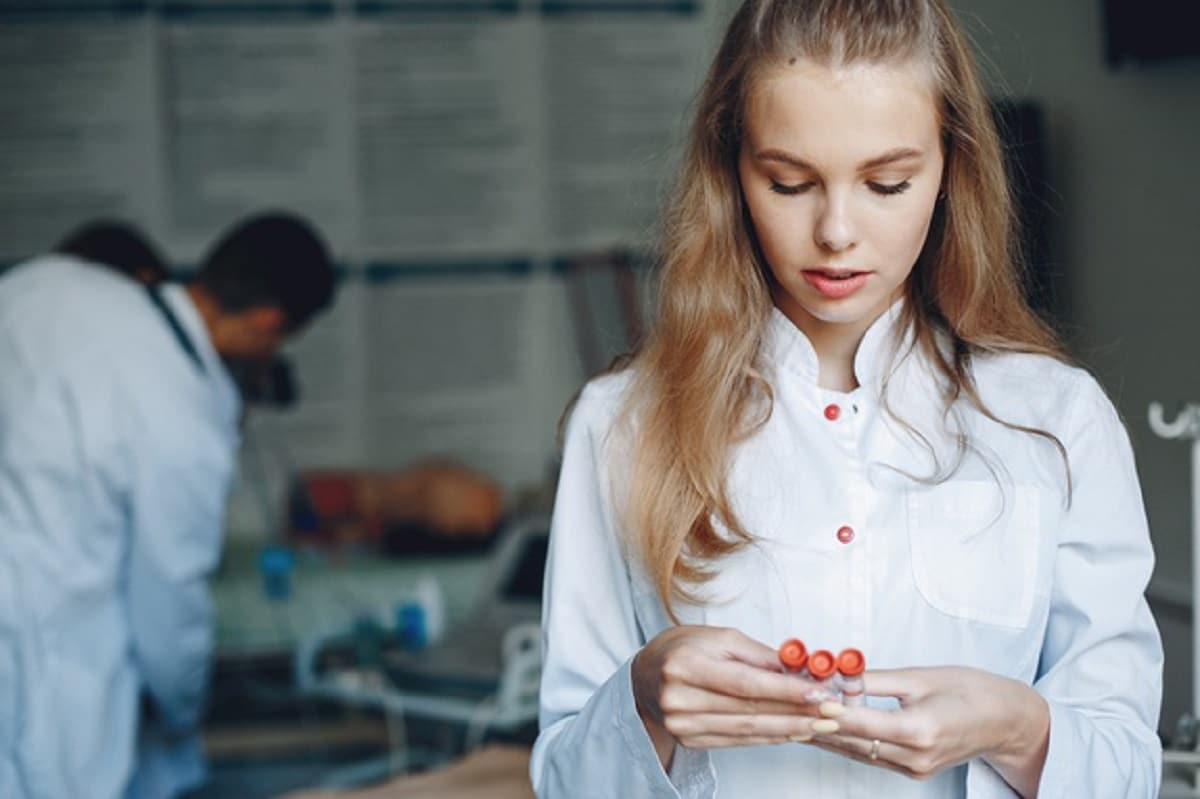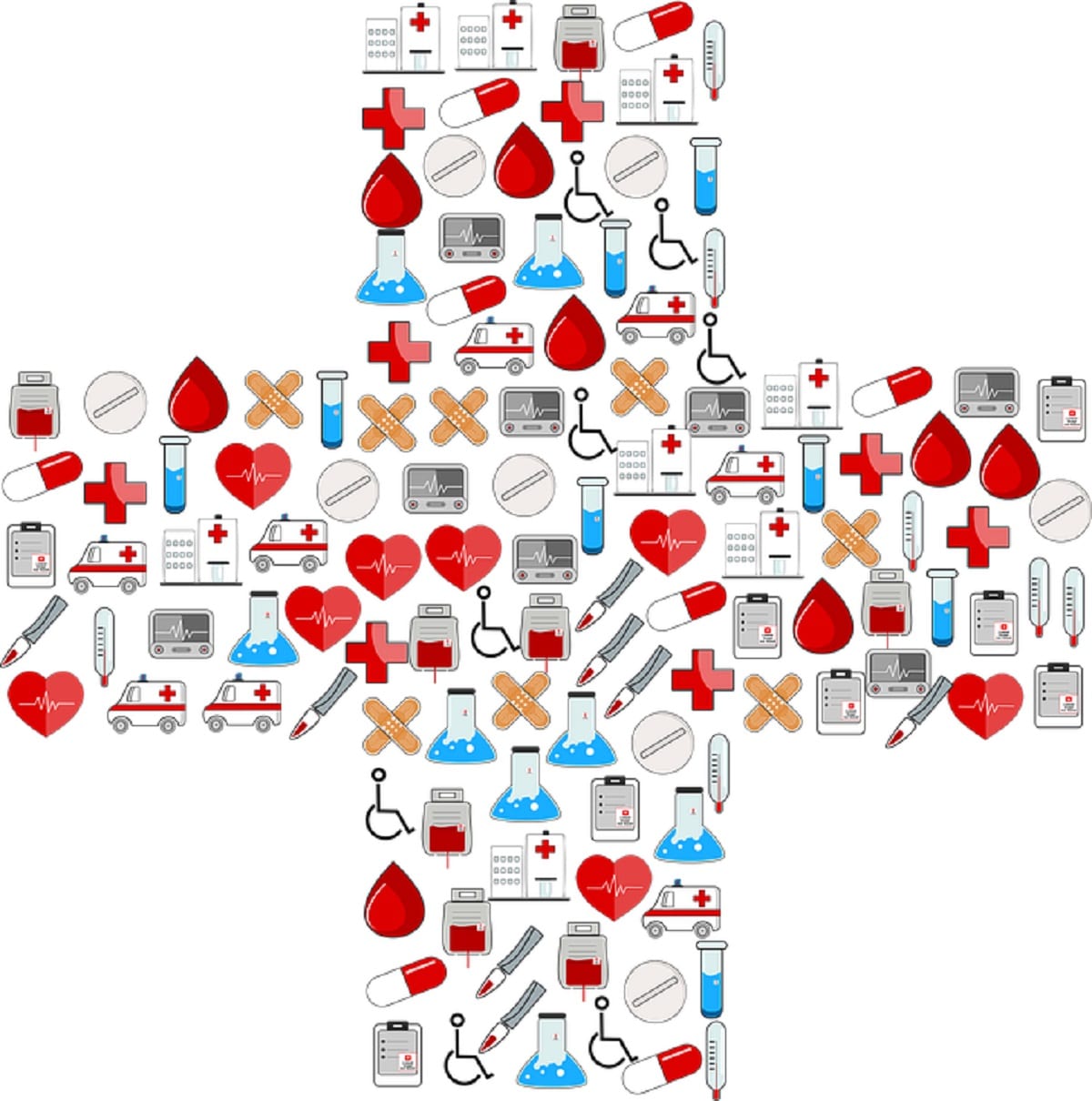
Clinical trials are important because they allow to improve the functionality of certain products, drugs, diagnostic techniques or therapies, among others. Through clinical trials, the behavior of all those substances that are used in medicine, products that can help improve patients' health.
These trials make it possible to create drugs and therapies with a higher reliability index, which means an improvement in the well-being of patients. By experimenting on other people, changes and improvements can be made that help to take care of people's health, therefore, clinical trials help save lives. Until the 80s, these studies were not carried out in children, however, today the situation is quite different.
Are clinical trials in children necessary?

When clinical trials were not carried out in children, specialists prescribed drugs with the sole guarantee of experiences in other patients. Namely, medication and treatments were administered to children without knowing the results exact data of the drugs with real data, contrasted by means of studies in a certain number of patients.
As only adult clinical trials were conducted, children received treatments based on adult functionality. What could cause various negative consequences, on the one hand, the drug could be ineffective in children and on the other, it could cause very serious adverse effects in certain cases. Therefore, children until then received less quality care than adults.
Clinical trials in children allow studies on the efficacy of treatments and therapies that are designed exclusively for children. That is, drugs, therapies, Treatments doctors given to children, are based on studies that certify their efficacy and safety. Therefore, research in both children and adults is essential.
How clinical trials work in children
Broadly speaking, clinical trials in children are governed by the same rules as in the case of studies in adults. Although there are very important differences, since in the case of children the physiological changes that occur are taken into account in each of the stages of childhood. Therefore, the studies in children are divided into 5 age groups:
- 1- Newborn babies premature.
- 2- Newly born, from 0 to 27 days.
- 3- Infants and toddlers, which includes babies between 28 days to 23 months.
- 4- Kids, that is, from 2 to 11 years old.
- 5- Teens, from 12 to 17 years old.
For a study or clinical trial to be carried out, it must be authorized by the health authorities that regulate this type of procedure, as well as by an ethics committee. In other words, any clinical trial is under exhaustive control and all kinds of measures are taken to guarantee the safety of all participants. The risks and benefits of the trial are especially taken into account, since if the percentage of risks exceeds the percentage of benefits, it will not be authorized.
Informed consent

One of the most important issues in clinical trials in children is informed consent. This means that the minor must be informed of the procedures to which he is going to submit. Even if it is a minor and the authorization must be given by the representative (father, mother or legal guardian), the child must be part of the process.
On the other hand, if the minor demonstrates the ability to decide by his maturity, he may refuse the clinical trial, even if the representative has signed his authorization. This is very important, since even if the study is carried out in minors, it is guaranteed that the child will be informed and will have the possibility of refusing in case of having decision-making capacity.
Clinical trials in children are as important as those in adults. This is the only way to analyze the behavior of health science in minors, which by their physiology have nothing to do with adults. Although there are risks, adverse effects and discomfort that the child may suffer, the benefits are generally greater.